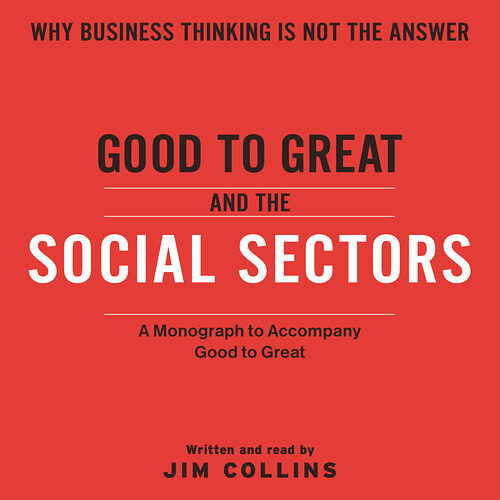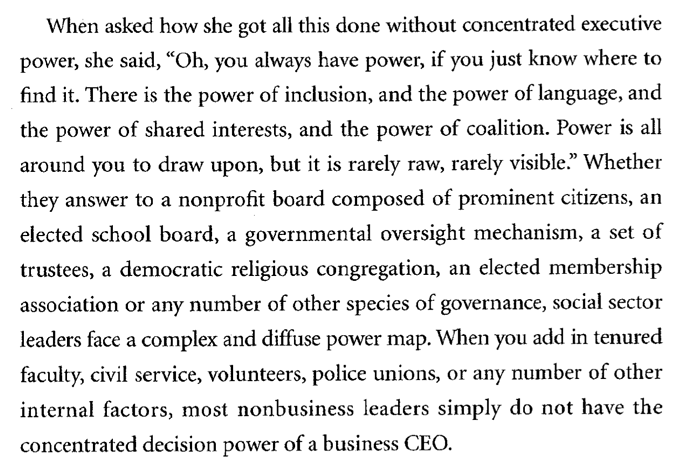“You must maintain faith that you can prevail with greatness in the end, while confronting the brutal facts of your current reality” - Jim Collins
One observable trait in great organizations is a sense of pride people take in their work. Intuitively, I have always felt, this is due to an enabling environment that rewards a passion to improve and the curiosity to learn. To me this is not only an aspiration of organisational culture, but a practical objective for IFF’s leadership, staff and broader community.
About two years ago, I got a real opportunity to realise this dream. This is important not only for IFF, but also for the larger mission which goes beyond organisational development to our larger social mission.
So how am I going about it? Slowly. The first step is to attend trainings, observe industry leaders, read, listen and learn. This is fairly tough for me as a privileged, male lawyer (picture : Samir Kochhar from “Four more shots please?” without the looks but the sense of entitlement).

For context, I litigated for close to a decade and in the style of most law offices all decision making was centralized and hierarchical. Sounds fun? No. I am sure it was an autocratic work culture that did not grow second generation leadership. To avoid repeating these mistakes, I often today read widely.
One of the first things which was bouncing in my mind on the nature of social work. Is it true to its stereotypes of being slow, lethargic and in dire need of greater discipline. Can we learn from businesses and improve our culture? How can IFF scale? Or, become more financially sustainable? Over a recent zoom call, I had a chance to discuss this with a group of friends. One of them thankfully, went back and shared a remarkable book that specifically addresses it.
In a pithy 40 pages, Jim Collin’s “Good to Great” inverts the question and approaches on the basis of empirical study and interviews that the problems which plague non-profits are also systemic to businesses. The truth is that even most for profit enterprises are mediocre, yet they survive as their ambition or, mission is limited to survival and marginal profit to cover operations.
Some core takeaways from the read which I would like to share (and look forward to testing out) include:
- Build disciplined teams of high performers. components of this including movement from models of executive power (imposition) to legislative forms (deliberative). This increases foresight and buy-in promotes a relentless culture of self-discipline.
-
Measure outputs and create systems for review. This has to be based on data not only to demonstrate impact not only to funders but to more importantly to factor in what strategies work and where they fail. It helps build a system of accountability. He textures this wonderfully with the illustration of the Cleveland Orchestra which measures its output not only on the basis of ticket sales and standing ovations. So, does our community want an encore?
-
Maintain idealism and the purity of mission. Reflect, go back to why you started this work. This is not only about heart but the wallet as this must link to what he terms as the, “resource engine”. As he puts it, “the organisation makes such a unique contribution to the communities it touches and does its work with such excellent…” that it demonstrates tangible value.
I continue learning adapting as much as my colleagues. We are eager to learn and grow and please do send across any recommendations you may have that may help our thinking.
My next read is Wendy Kopp’s, “One day, all children”. I am interested in hearing more from you. What can we do better?

